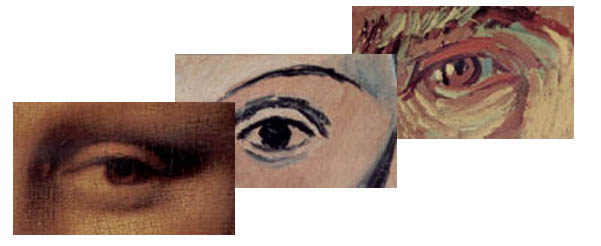In order to direct and prioritise
SHO’s learning during BST (and to clarify ‘what to teach’ for
the benefit of Consultant trainers),
the Curriculum has been further developed to elucidate
which aspects of an SHO’s potential
clinical experience and performance are regarded as
essential and those which are considered
less important at this stage of training (but for which basic knowledge
is required). SHOs must therefore expect to be tested on the vital or key
topics during College examinations and to have developed the required proficiencies
or skills in order to qualify for entry to HST. Thus, each subspecialty
section has three subdivisions of grouped objectives as follows;
i. Key Topics/Experience:
SHOs will be expected to have become familiar with (i.e. to
have acquired a good working knowledge
of) the list of topics which encompass the
common and/or sight-threatening
ophthalmic conditions within this subspecialty. There is
emphasis on recognition of abnormality
and on safe, timely and appropriate treatment in
addition to theoretical knowledge.
ii. Practical Skills: SHOs
will be expected to have attained and sustained most of the listed
proficiencies in day-to-day practice.
The term ‘proficiency’ is used here to denote
expertise in a specific practical
skill (‘doing it right’) as distinct from ‘competence’ which
has a wider meaning (‘doing the
right thing right at the right time and in the right spirit’).
For certain practical skills (e.g.
cataract surgery, scatter photocoagulation, Yag laser
capsulotomy), a figure [in square
brackets] is given specifying the minimum target
numbers of procedures to have been
performed by an SHO by the end of two years of
Basic Specialist Training and yearly
thereafter as a Senior SHO. These and other
operative/laser procedures must
be recorded in the trainee’s logbook.
iii. Background Theory/Principles:
SHOs will be expected to have acquired some
awareness of these less common ophthalmic
conditions (but short of day-to-day
experience). Knowledge of clinical
features, appropriate investigations and options for
treatment is nevertheless expected. |
